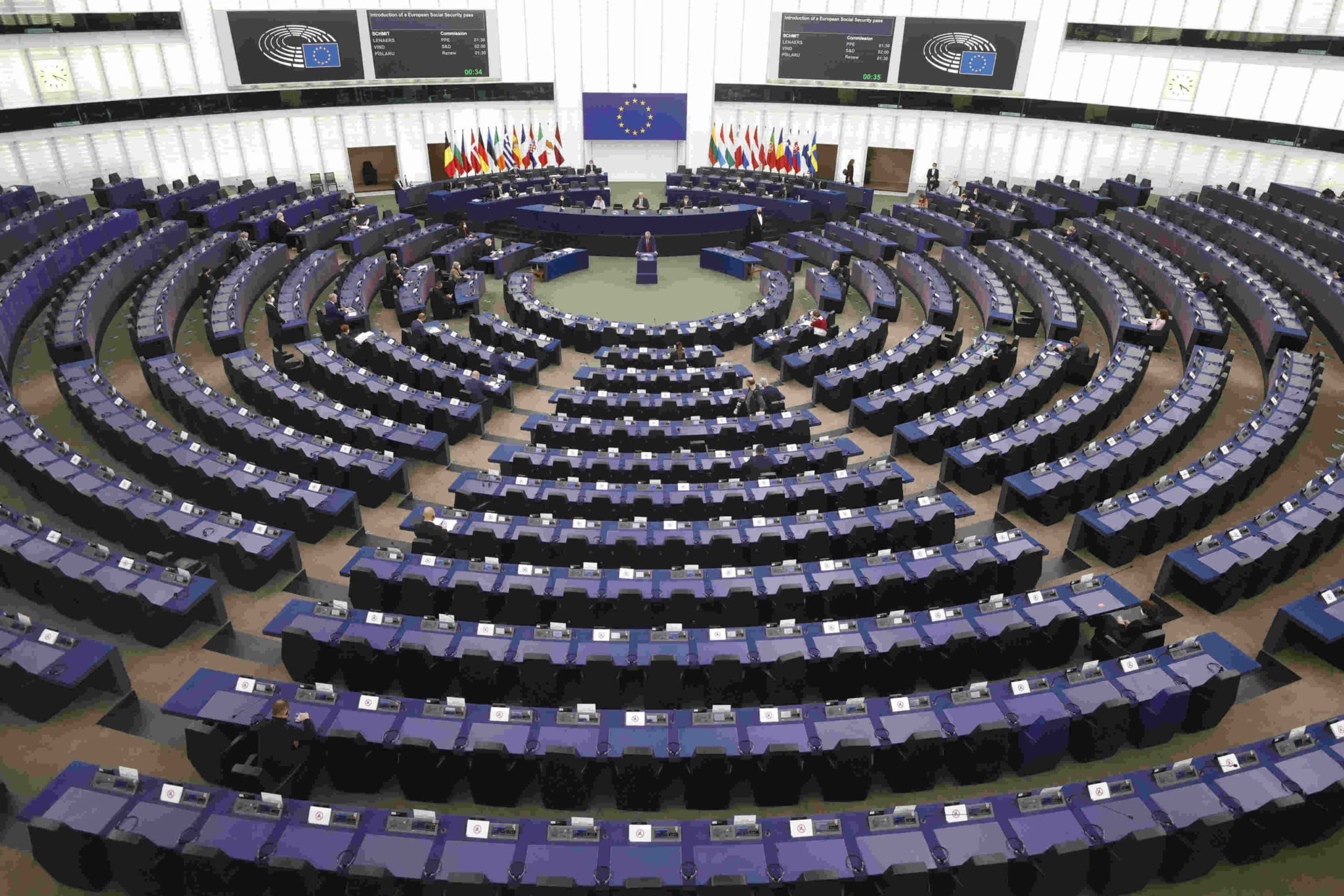Officials in Brussels are mainly of nationalities from the “old” EU member states, with the system favoring the countries of southern Europe in particular. On the contrary, Czechs or Bulgarians do not have sufficient representation, which is a problem when these countries attempt to promote their interests.
The Czech Republic does not have an entirely weak voice within the European Union, with European Commission Vice-President Věra Jourová managing to build an outsized reputation. The Czechs can also be seen in the European Parliament, where until recently they had two vice-presidents, but only Dita Charanzová currently holds this position.
However, the political element of Brussels represents only one side of the coin, and it is just as important what is going on “behind the curtain,” meaning among diplomats and officials. And it is in this area that a geographical imbalance are most noticeable.
A new analysis by European Democracy Consulting shows that countries of Central and Eastern Europe have not been fairly represented within the European institutions for a long time. Czechs, Slovaks, Bulgarians, and Romanians are disadvantaged compared to officials and diplomats from Western and Southern Europe. Between 2019 and 2021 alone, the latter nations filled 70 percent of new leadership positions in various European institutions.
Language requirements favor souther nations
The EU itself recognizes that this is a systemic problem. Therefore, the European Personnel Selection Office (EPSO) targets a group of 17 under-represented countries. Apart from the Czech Republic, these include Sweden and, surprisingly, also Germany. The current language requirements in selection procedures favor southern European countries in particular.
The shortage of people at the European level has been a problem for Czechia for a long time. According to the coordinator of the Czech delegation to the European Committee of the Regions, Petr Osvald, the situation is perhaps even worse than after joining the EU when Czechia had “free slots” in EU institutions at its disposal. But that is no longer the case today.
Czechia knows that it has a problem in this regard. That is why a strategy aimed at supporting Czechs in the EU institutions was created in 2015 in an effort to improve the situation and help Czech applicants reach influential positions in Brussels.
The Office of the Government of the Czech Republic acknowledges that although the number of Czech successes in selection procedures is increasing and more experts are being sent to the EU institutions for longer-term “internships,” more significant changes will take longer.
The European Commission prepares a new strategy
However, improvements should come from the other side, too. According to Tereza Kůnová from the Office of the Government, the European Commission is preparing a new strategy. It also includes bilateral negotiations with under-represented nations, including the Czech Republic, which should result in tailor-made action plans.
Although officials in the European institutions should be impartial, they cannot deny their origins. In order for laws to be balanced, the proportion of nationalities must, therefore, also be balanced.
“If officials from our homeland participate in the preparation of European proposals, they have the opportunity to enforce the geographical, technical, and economic interests that are representative of the Czech Republic. The sooner these specifics are imprinted in the legislative process, the easier it will be for the Czech government and Czech MEPs to promote the country’s interests,” Alena Mastantuono from the Czech Chamber of Commerce pointed out.
Is the Czechs’ attitude to blame?
According to the expert on the functioning of the EU, Jan Kovář, from the Institute of International Relations in Prague, the more lukewarm attitude of Czechs towards EU membership also plays a role, especially with lukewarm support of ministries and the government for Czechs who want to get into EU institutions. This play a particularly outsized role in the case of higher positions, where support from the state is an important factor because the competition is intense, Kovář noted.
Petr Blížkovský, secretary-general of the European Committee of the Regions, sees part of the problem in the Czechs’ nature.
“We have a certain cultural specificity, which may apply to the whole of Eastern or Central Europe. Our school system teaches us a certain modesty. On the contrary, in Belgium or elsewhere in Western Europe, children are taught to be assertive,” noted Blížkovský.





